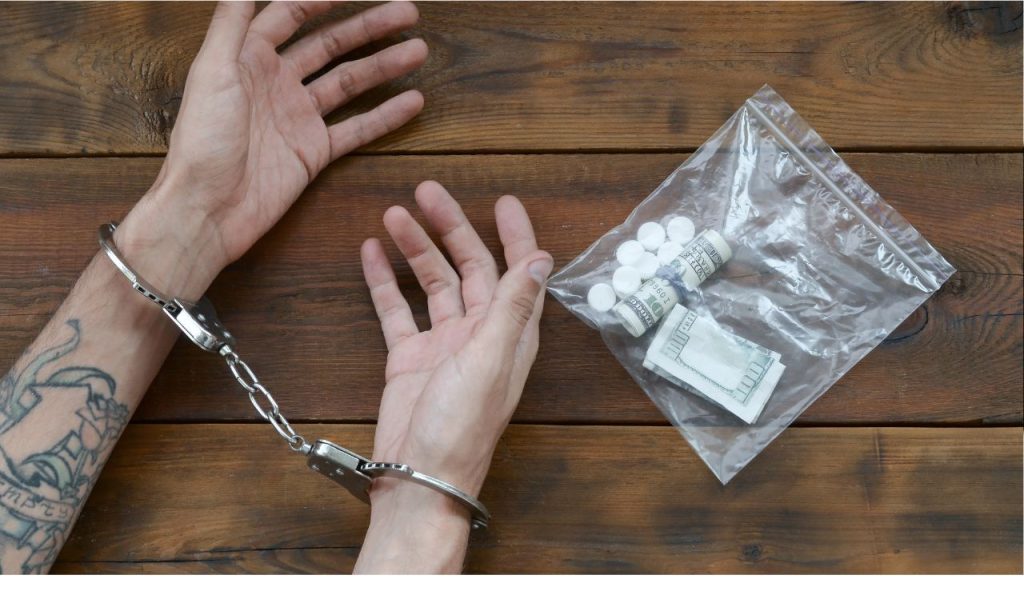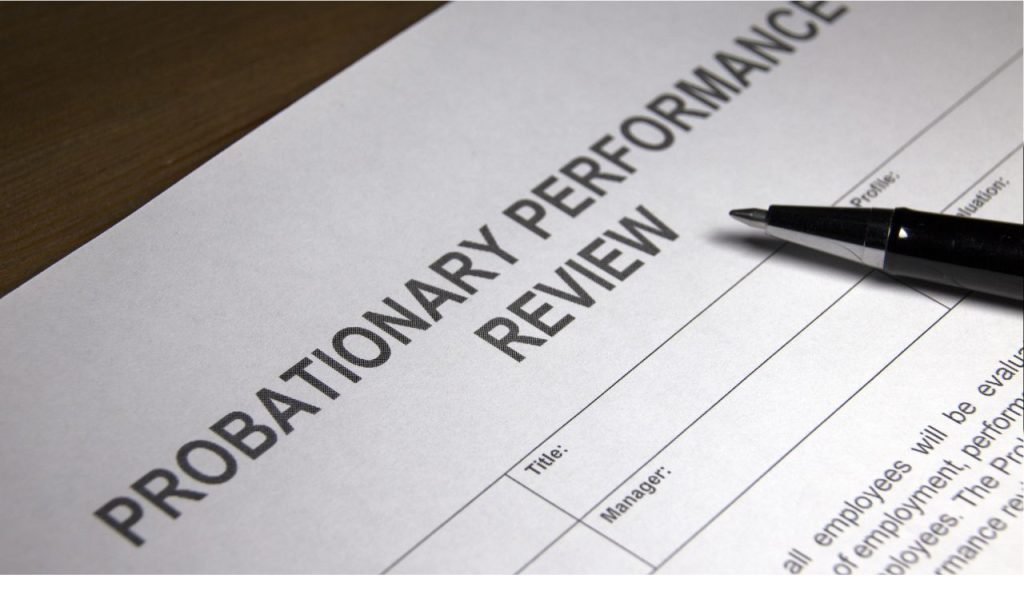Facing federal drug charges can be one of the most intimidating experiences in anyone’s life. The federal criminal justice system operates differently from state courts, and the penalties are typically much harsher. When the federal government decides to prosecute a drug case, it usually does so after an extensive investigation and with substantial evidence. But don’t lose hope—there are effective ways to fight these charges.
I’ve seen countless clients enter my office feeling defeated before their case begins. That’s understandable, given the federal government’s conviction rate of over 90%. Yet this statistic doesn’t tell the whole story. With the right defense strategy, you can get charges reduced, dismissed, or sometimes secure an acquittal.
Let’s explore the most effective strategies for fighting federal drug charges and understand the complexities of these cases.

Challenge the Prosecution’s Evidence
Challenging the evidence is the cornerstone of any successful defense against federal drug charges. Federal prosecutors must prove their case beyond a reasonable doubt, and attacking their evidence can create that doubt.
Challenging the Admissibility of Evidence
The Fourth Amendment protects you against unreasonable searches and seizures. The evidence they gathered might be suppressed if law enforcement searched without a valid warrant or proper justification.
I once worked with a client whose vehicle was searched during a routine traffic stop. The officer claimed to smell marijuana, which he used as probable cause. However, we successfully argued that the officer extended the stop beyond what was reasonable, violating my client’s constitutional rights. The evidence was thrown out, and the case collapsed.
Federal agents must follow strict procedures when collecting evidence. In many situations, they need reasonable suspicion for stops, probable cause for searches, and warrants. If they cut corners, we can use that to fight your case.
Challenging the Quantity
Federal drug penalties are often tied directly to the quantity of drugs involved. More drugs typically mean more severe penalties. This creates an opportunity for defense.
The prosecution must prove the alleged quantity beyond a reasonable doubt. Their calculations might include unusable mixtures, inaccurate weight measurements, or improper extrapolations from small samples. Challenging these calculations, you can reduce the charges to a lower offense level.
For instance, in federal methamphetamine cases, the difference between 49 grams and 50 grams can mean an additional five years in prison. That’s why scrutinizing the quantity determination is crucial for your defense.
Challenging Lab Testing Procedures
Labs make mistakes, testing equipment can malfunction, and handling procedures might be compromised.
Your defense team should investigate whether the lab that tested the alleged drugs is appropriately certified. Were proper chain-of-custody procedures followed? Did the technicians adhere to established protocols? Was the testing equipment properly calibrated and maintained?
I’ve seen cases where lab reports showed positive results for controlled substances, but when we requested independent testing, the results differed significantly. Never take lab results at face value when your freedom is at stake.
Challenging the Credibility of Witnesses
Federal drug cases often rely heavily on cooperating witnesses—individuals who testify against defendants in exchange for leniency in their cases. These witnesses have powerful incentives to provide testimony that helps the prosecution.
Your defense should thoroughly investigate these witnesses’ backgrounds, potential motivations for testifying, statements’ inconsistencies, and criminal histories. Casting doubt on the credibility of prosecution witnesses can significantly weaken the government’s case.
Consider this scenario: A cooperating witness claims you were involved in a drug transaction. However, a thorough investigation reveals that this witness has previously provided false testimony in another case or has received substantial benefits for testifying. This information can destroy their credibility with the jury.
Is it Possible to Beat Federal Charges?
Yes, it is possible to beat federal drug charges, though it’s certainly challenging. Federal prosecutors typically don’t pursue cases unless they believe they have substantial evidence. However, with an experienced defense attorney, proper investigation, and strategic planning, charges can be dismissed, reduced, or beaten at trial.
Success stories do exist. I’ve worked with clients facing decades in prison but walked away with much less severe consequences or complete dismissals. Each case is unique, and the outcome depends on numerous factors, including the evidence, the specific charges, criminal history, and the quality of your legal representation.
Remember that “beating” federal charges doesn’t always mean an acquittal at trial. It might mean negotiating a favorable plea agreement, getting evidence suppressed, or qualifying for diversion programs.
What Makes a Drug Case Federal?
Several factors can elevate a drug case from state to federal jurisdiction:
First, federal authorities typically focus on larger-scale operations, especially those crossing state or international borders. If your case involves alleged trafficking across these boundaries, it’s more likely to become federal.
Second, the type and quantity of drugs matter. Larger quantities and certain drugs (like fentanyl) attract federal attention more readily than smaller amounts of marijuana.
Third, federal agencies might take over cases involving specific locations (like national parks) or methods (like using mail services to distribute drugs).
Finally, the case will likely remain federal if the investigation involved federal agencies from the beginning. This is particularly true for long-term investigations targeting multiple defendants.
Understanding why your case is federal can provide insights into the prosecution’s strategy and priorities, which can help you craft your defense.
Who Investigates Federal Drug Crimes?
Multiple federal agencies investigate drug crimes, each with different jurisdictions and specialties:
The Drug Enforcement Administration (DEA) is the primary agency focused exclusively on drug enforcement. They conduct complex investigations, often involving undercover operations and surveillance.
The Federal Bureau of Investigation (FBI) generally handles drug cases connected to organized crime, corruption, or when drugs are part of broader criminal enterprises.
The Department of Homeland Security, including Immigration and Customs Enforcement (ICE), focuses on drugs entering the country through borders and ports.
The United States Postal Inspection Service investigates cases involving drugs shipped through the mail.
These agencies often collaborate with state and local law enforcement through task forces. They have substantial resources, advanced technology, and experienced agents. This multi-agency approach makes federal drug investigations particularly thorough and challenging to defend against.
Can you Get Probation for Federal Drug Charges?

Probation for federal drug charges is possible but not common, especially for serious offenses. The federal sentencing guidelines often recommend incarceration for drug offenses, with the length depending on factors like drug quantity, criminal history, and specific conduct.
However, several pathways might lead to probation:
The “safety valve” provision allows judges to sentence below mandatory minimums for certain non-violent, first-time drug offenders who meet specific criteria.
Substantial assistance to authorities (cooperating with investigations) can result in reduced sentences, sometimes including probation.
First-time offenders charged with less serious offenses (like simple possession) have better chances of receiving probation.
Alternative programs like drug court or pretrial diversion might be available in certain jurisdictions, offering treatment-focused alternatives to incarceration.
Your attorney should explore all these options early in your case. Even if complete probation isn’t possible, you might qualify for a split sentence (combining shorter incarceration with supervised release) or home confinement.
Conclusion
Fighting federal drug charges requires knowledge, experience, and strategic planning. While these cases are indeed severe, they’re not hopeless. You can significantly improve your position by challenging evidence, understanding the federal system, and working with skilled legal representation.
Remember that each element of the prosecution’s case presents an opportunity for the defense. Was the search legal? Is the drug quantity calculation accurate? Are the witnesses credible? Has the evidence been properly handled and tested? These questions can make the difference between conviction and acquittal.
The federal system is complex and intimidating, but you don’t have to face it alone. The right attorney can guide you through this process, protect your rights, and work toward the best possible outcome for your situation.
ALSO READ: How to Buy a House as an Unmarried Couple
FAQs
Federal drug cases typically take 6-12 months to resolve, though complex cases can take longer. The discovery process, pretrial motions, and potential negotiations contribute to the timeline.
Possession means having drugs for personal use, while possession with intent to distribute involves having drugs with plans to sell or distribute them. The latter carries significantly harsher penalties.
Federal convictions generally cannot be expunged, though recent reforms have created limited pathways for certain non-violent drug offenders.
Never speak with investigators without an attorney present. Cooperation decisions have significant consequences and should only be made after consulting with experienced legal counsel.
Mandatory minimums vary based on drug type and quantity, ranging from 5 years to life imprisonment for serious trafficking offenses. The “safety valve” provision may relieve certain first-time, non-violent offenders.




